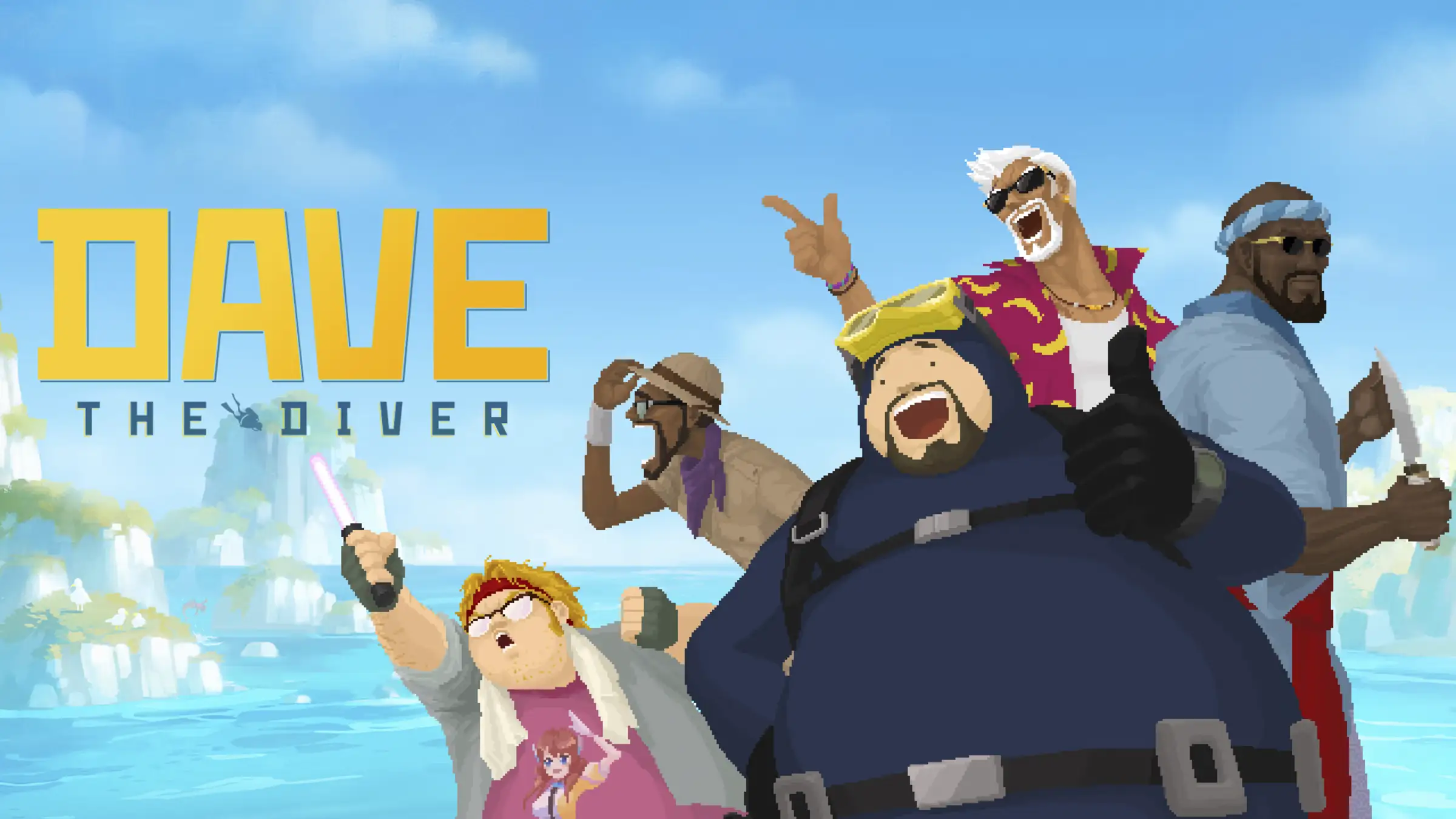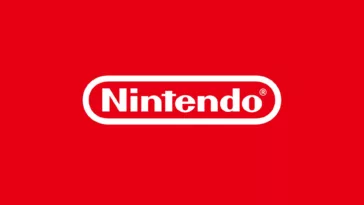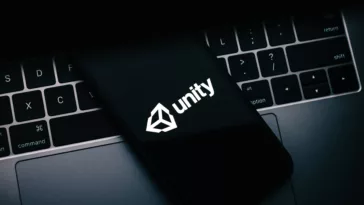The term "indie game" is deceptively complex. It sparks frequent debate, especially when a popular, stylized game like Dave the Diver – developed by Mintrocket, a subsidiary of South Korean publisher Nexon – finds itself nominated in "Best Indie" categories at major awards.
At the recent Game Developers Conference (GDC) in San Francisco, I had the opportunity to delve deeper into this discourse with Dave the Diver's game director, Jaeho Hwang. We discussed his take on the debate, the implications of the independent game label, and its shifting definition in the modern gaming industry.
The Indie Conundrum: A Matter of Perspective
"If you ask 'Is Dave The Diver an indie game?' I would say no," asserts Hwang. Yet, the game's charming pixel art and relatively small development team undoubtedly give it an "independent game feel." Hwang acknowledges this, expressing gratitude for the Game Awards nomination but also voicing concern about its impact on studios with even fewer resources.
"There were Twitter comments saying, 'Hey, because Dave The Diver is nominated, our beloved game Pizza Tower couldn't be,'" reveals Hwang, "[It] was kind of a sad moment for me... I don't want [indie developers] to think that we are invading their territory."
Behind the Scenes: Resources and Autonomy
While many see external funding as a determining factor, Hwang emphasizes the differences in working conditions between studios. He cites Mintrocket's relatively ample budget and the support of parent company Nexon as a stark contrast to the struggles of true independent developers.
"We get paid every month, regularly," Hwang explains. "We have a lot of internal support... Whether [true independent game devs] get invested in or not, they need to do a lot of things by themselves."
This highlights a crucial distinction: indie studios often grapple with financial insecurity and self-sufficiency, while teams under publishers benefit from greater stability.
Hwang clarifies that despite Nexon's backing, Dave the Diver enjoyed considerable creative freedom and autonomy. Still, he sees how its association with a major company impacts its 'indie' status.
Historical Evolution of "Indie"
The term "indie" once held a clear definition, rooted in the world of music. It referred to artists and releases produced independently of major record labels. In the gaming world, a similar logic initially applied: an independent game was one developed and released outside the traditional publisher model. However, as the industry has evolved, with publishers increasingly supporting smaller teams and indie games gaining widespread recognition, the boundaries of independent games have become decidedly blurry.
Rethinking the independent game Spectrum
"It's a tough word to define," Hwang admits. This sentiment echoes a growing chorus in the industry. The binary classification of "indie" versus "AAA" fails to encompass the range of games in between.
Hwang points to cases like Dredge, developed by Black Salt Games with guidance from publisher Team 17. Such partnerships blur the lines, begging the question: where do we draw the boundaries?
"Maybe it's time to reconsider the word 'indie'," Hwang proposes, offering playful alternatives like "triple-indie" or "single-A." The industry may indeed benefit from a more nuanced vocabulary to categorize the vast landscape of game development.
Awards Categories: A Call for Refinement
Perhaps the most pressing issue illuminated by this debate concerns awards categories. As the industry matures, could we benefit from rethinking how we define "Best Indie"? Could award shows introduce categories that consider budget or team size, providing a more balanced platform for recognition across the diverse spectrum of game creation?
The Importance of Context
The controversy around Dave the Diver isn't about diminishing its artistic merit. It's about respecting the unique challenges faced by fully independent studios and recognizing funding disparities across the industry. As with many complex issues, it's essential to consider the broader context to reach a more nuanced understanding.
source: PC Gamer




